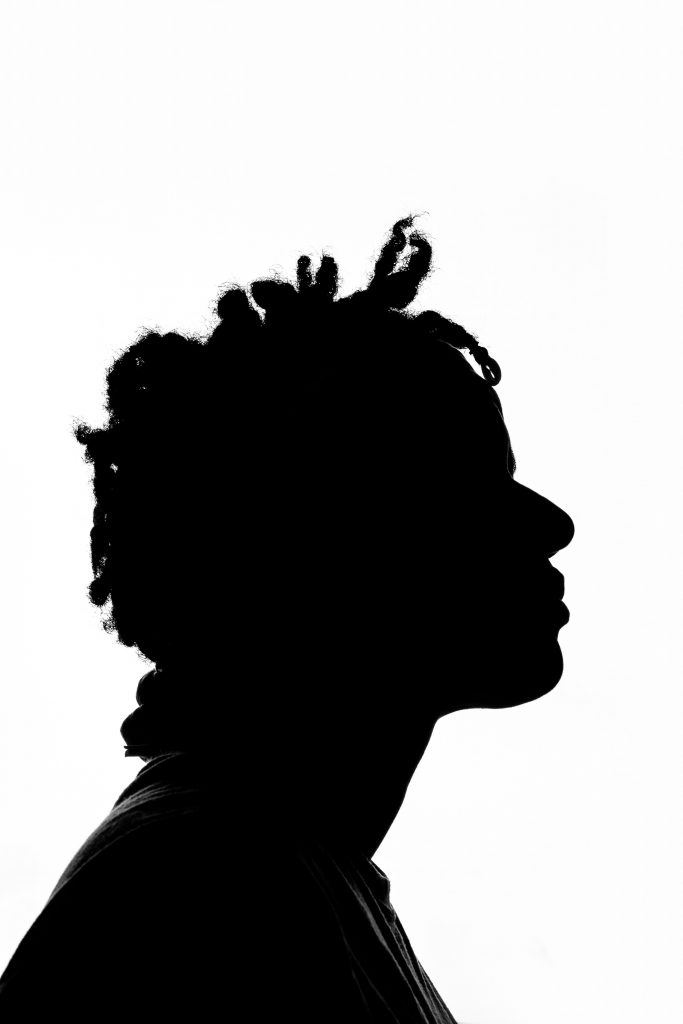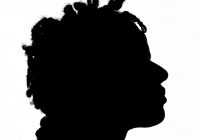Brian Sinclair was his name. A 45-year-old Aboriginal man suffering from a medical emergency. He had not urinated for 24 hours due to a bladder infection. Homeless wheelchair-bound double amputee, his legs were lost to frostbite at the steps of a church in the dead of winter. He also had a language impediment, and about a year earlier, was certified mentally incompetent. On his visit to a local clinic in Winnipeg, a referral note was issued to him for emergency attention at a bigger medical centre. The referral note was put in his pocket and a taxi called to take him to the ER of Winnipeg’s Health Sciences Centre. Upon arrival at the HSC, he was received at the triage desk after which he wheeled himself into the waiting room. Another 34 hours would pass by the time a concerned patient drew attention to him where he still waited. But Brian Sinclair had died unattended.
At an inquest opened into the death in August 2013 — almost five years after the unfortunate incident on 20th September, 2008, it was learnt that there had been three shifts of medical personnel that would have seen Brian Sinclair waiting for hours at the same spot. Some staff who saw him in their previous shifts said they thought he had been treated, discharged but then came back. Autopsy report indicated he was dead several hours before being discovered. The death was attributed to a treatable bladder infection caused by a blocked catheter. A catheter change and antibiotics were all that would have been required. Family members of the deceased claimed his neglect at the ER was typical of how aboriginal people were treated. Winnipeg’s health authority apologized to the family and admitted at the inquest that the Winnipeg Regional Health Authority failed Brian Sinclair at all levels of the organization.
In many developing countries a homeless man like Brian Sinclair would hardly have a health facility for his care nor even a chair to wheel around, but ultimately, in the developed environment, he was made a king on an empty throne. Of what relevance is a system that fails the most in need? Where is the peace and security in a sprinkle of oases across the desert of destitution where a wheelchair is not the will of charity and healthcare is indifferent to heart cries? Is it not obvious already that the bigotry we conveyed yesterday is the burden of guilt we carry today, and we may start to learn and preserve peace only when we make the well being of our neighbor our responsibility?
There’s something to be said for the great efforts that have gone into the improvement of the quality of life for all and sundry in the society. Institutions are built and rules are laid down to administer wealth and wellbeing. The humanity of a nation, it is said, is not in the way it treats the rich but rather in how it caters to its most vulnerable. This is also the centerpiece of religions the tenets around which societies are formed. The growth of individualism has incidentally led to our generally detached attitude towards the neighbor. We find many justifiable reasons why we should leave people to themselves rather than simply give a hand. There are always logical and convincing reasons why we may not bring ourselves to do a little bit more in helping someone in obvious need. Perhaps the person does not help himself or herself, or perhaps we don’t think our bit is significant enough. However, every situation we encounter is a call to duty, and it is up to us what impact we bequeath.
All creatures naturally incline towards independence in the quest for self-fulfillment. At the onset of maturity, humans like animals are not to be bound by the inhibitions of family attachment. While humans are of the spirit, however, animals are of the soul. This spiritual nature makes all the difference in the human ability to not only strive for independence, but to be each other’s keeper. As the possession of freewill is also an integral part of the human spirit, however, the tendency for misuse and distortion has meant that the human being that could build up beyond the limits of the animal, instead brings down below the level of the animal — as, of course, the fall of that which is higher will often be deeper and more devastating.
The death of a neglected man may be scandalous, but the systemic failure that brings it about is foreboding. It is the death or the dying grip of our hold as a society, it is the death or the dying spring of our step, the dying vision of our sight, the dead compassion in our passion, the soulless state of our society. We elect to rise and scrape the skies, but neglect to reach out and share a smile. The edifice may stand but cannot sustain upon only the intellect; those who may survive its imminent collapse must either confront the simple truth about our destructive inhumanity or commission a scientific research on how machines can do better next time.







